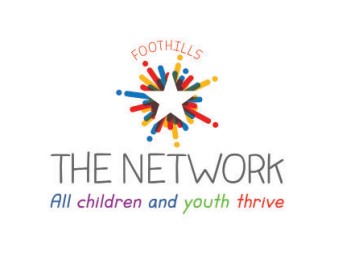4 Years

Below is a list of developmental milestones that children typically reach at the end of 4 years of age. Review them with your child’s healthcare professional and talk about what to expect next.
MOVEMENT & PHYSICAL DEVELOPMENT
- Hops and stands on one foot up to 2 seconds
- Catches a bounced ball most of the time
- Pours, cuts with supervision, and mashes own food
COGNITIVE (LEARNING, THINKING, PROBLEM SOLVING)
- Names some colors and some numbers
- Understands the idea of counting
- Starts to understand time
- Remembers parts of a story
- Understands the idea of “same” and “different”
- Draws a person with 2 to 4 body parts o
- Uses scissors o Starts to copy some capital letters
- Plays board or card games
- Tells you what they think is going to happen next in a book
SOCIAL & EMOTIONAL
- Enjoys doing new things
- Plays “Mom” and “Dad”
- Is more and more creative with pretend play o Would rather play with other children than alone
- Cooperates with other children
- Often can’t tell what’s real and what’s pretend
- Talks about what they like and what they are interested in
LANGUAGE & COMMUNICATION
- Knows some basic rules of grammar, such as correctly using “he” and “she”
- Sings a song or says a poem from memory such as the “Itsy Bitsy Spider” or the “Wheels on the Bus”
- Tells stories
- Can say first and last name
What You Can Do With Your 4-Year-Old
You can help your child learn and grow. Talk, read, sing, and play together every day. Below are some activities to enjoy with your 4-year-old child today.
Ask For Help if Your Child...
- Can’t jump in place o Has trouble scribbling
- Shows no interest in interactive games or pretend
- Ignores other children or doesn’t respond to people out side the family
- Resists dressing, sleeping, and using the toilet
- Can’t retell a favorite story
- Doesn’t follow 3-part commands
- Doesn’t understand “same” and “different”
- Doesn’t use “me” and “you” correctly
- Speaks unclearly
- Loses skills they once had
Tell your healthcare provider if you notice any of these signs of possible developmental delay for this age. You can also talk with someone in your community who is familiar with services for young children in your area. Try the FCWN Navigator by emailing fcwnnavigator@ahs.ca or calling 403-995-2706.
